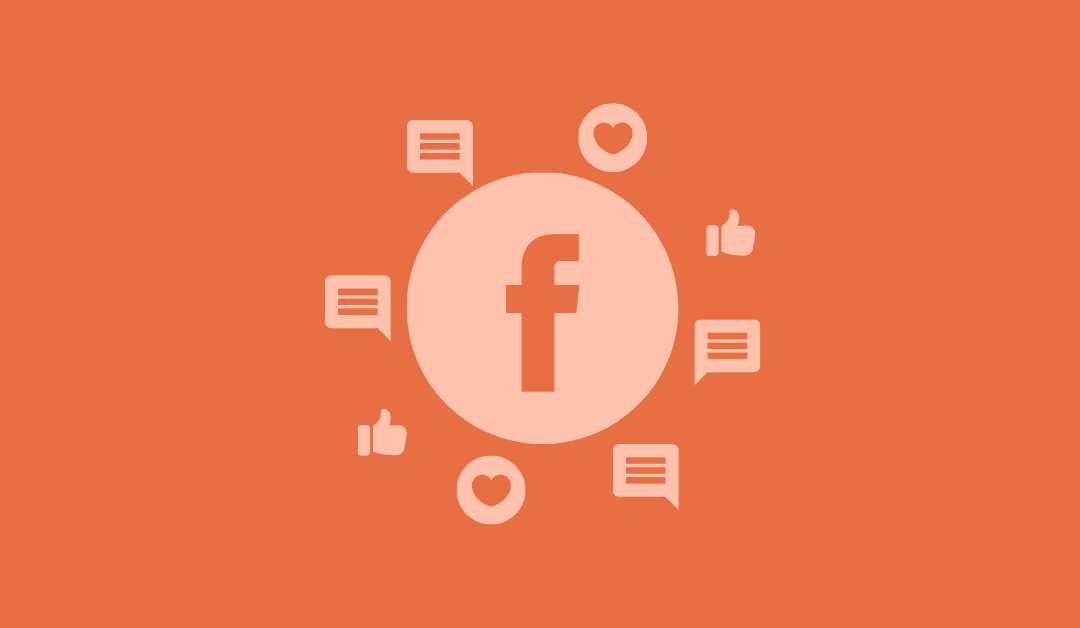Have you ever wondered how brands stay in tune with their audience’s needs and sentiments? In today’s digital age, people are constantly discussing and reviewing businesses on social media platforms, review websites, forums, and blogs. But how can you keep track of what’s being said about your brand, and–more importantly–leverage it to benefit your business? The answer lies in a strategy known as social listening.
What is Social Listening?
Social listening, also known as social media monitoring, involves actively monitoring social media channels and other online platforms to track conversations, mentions, and discussions related to your brand, industry, competitors, and other relevant topics. It means keeping an ear to the ground across the entire digital landscape.
Social listening has emerged as a powerful tool for brands to understand their audience, track conversations, and enhance brand awareness. But like any strategy, it comes with its own set of pros and cons.
Pros of Social Listening
- Real-Time Insights: Social listening allows brands to tap into ongoing conversations across various platforms. By monitoring mentions, hashtags, and keywords related to their brand, they gain valuable insights into customer preferences, pain points, and emerging trends. It enables them to adapt their strategies promptly and stay ahead of the curve.
- Enhanced Customer Engagement: Engaging with customers on social media is essential for building strong relationships and loyalty. Social listening enables brands to respond promptly to customer inquiries, feedback, and complaints. By showing genuine interest in their customers’ opinions and concerns, you can address customer queries, resolve issues, and provide assistance, enhancing customer satisfaction and loyalty. Brands can foster a sense of trust and goodwill, ultimately leading to increased brand awareness.
- Competitive Analysis: Keeping an eye on competitors is crucial for staying competitive in trading. Social listening allows brands to monitor competitor activities, gauge market sentiment towards their products or services, and identify areas where they can differentiate themselves. By staying informed about what’s popular or causing a buzz, you can adapt your marketing strategies, develop new products or services, and stay ahead of the competition. This competitive intelligence is invaluable for refining strategies and positioning their brand effectively.
- Identifying Influencers and Advocates: Social media influencers and brand promoters can amplify a brand’s message and reach. Through social listening, brands can identify key influencers within their niche and engage with them to promote their products or services. Additionally, they can identify and nurture brand promoters who passionately endorse their brand, expanding their organic reach and credibility. Satisfied customers who feel heard are more likely to become brand advocates, spreading positive word-of-mouth and amplifying your brand’s reach.
Cons of Social Listening
- Information Overload: With the vast amount of data available on social media, it can be overwhelming to sift through and make sense of it all. Without proper tools and strategies, they may struggle to extract actionable insights from the noise, leading to inefficiency and missed opportunities.
- Negative Feedback: While social listening can help to uncover valuable insights, it can also expose brands to negative feedback and criticism. Publicly addressing complaints and negative comments requires finesse and empathy to avoid further escalation and damage to the brand’s reputation. Mishandling such situations can result in PR nightmares and erode customer trust.
- Resource Intensive: Effectively leveraging social listening requires dedicated resources, including personnel, tools, and time. Small or resource-constrained brands may find it challenging to allocate sufficient resources to monitor social media channels consistently and derive meaningful insights. As a result, they may not fully realize the potential benefits of social listening.
- Privacy Concerns: Social listening involves monitoring and analyzing publicly available social media data. While this data is generally considered fair game for businesses, there are ethical considerations regarding user privacy. Brands must tread carefully and ensure compliance with relevant regulations such as GDPR to avoid infringing on users’ rights and facing potential backlash.
Conclusion
In conclusion, social listening is a powerful tool that can significantly impact a brand’s awareness and reputation in the digital landscape. By harnessing it, brands can more effectively understand and engage with their audience and stay ahead of the competition. However, it’s essential to understand the pros and cons of social listening. With the right strategy and resources, your brand can unlock the full potential of social listening to propel your growth and success.
Ready to harness the power of social listening for your business? Contact Starfish Reviews for expert guidance and tools to help you effectively monitor, analyze, and engage with your online audience. Let’s elevate your brand’s presence together!
__ __




0 Comments